Trans women in Mexico dream of a fairer and equal world
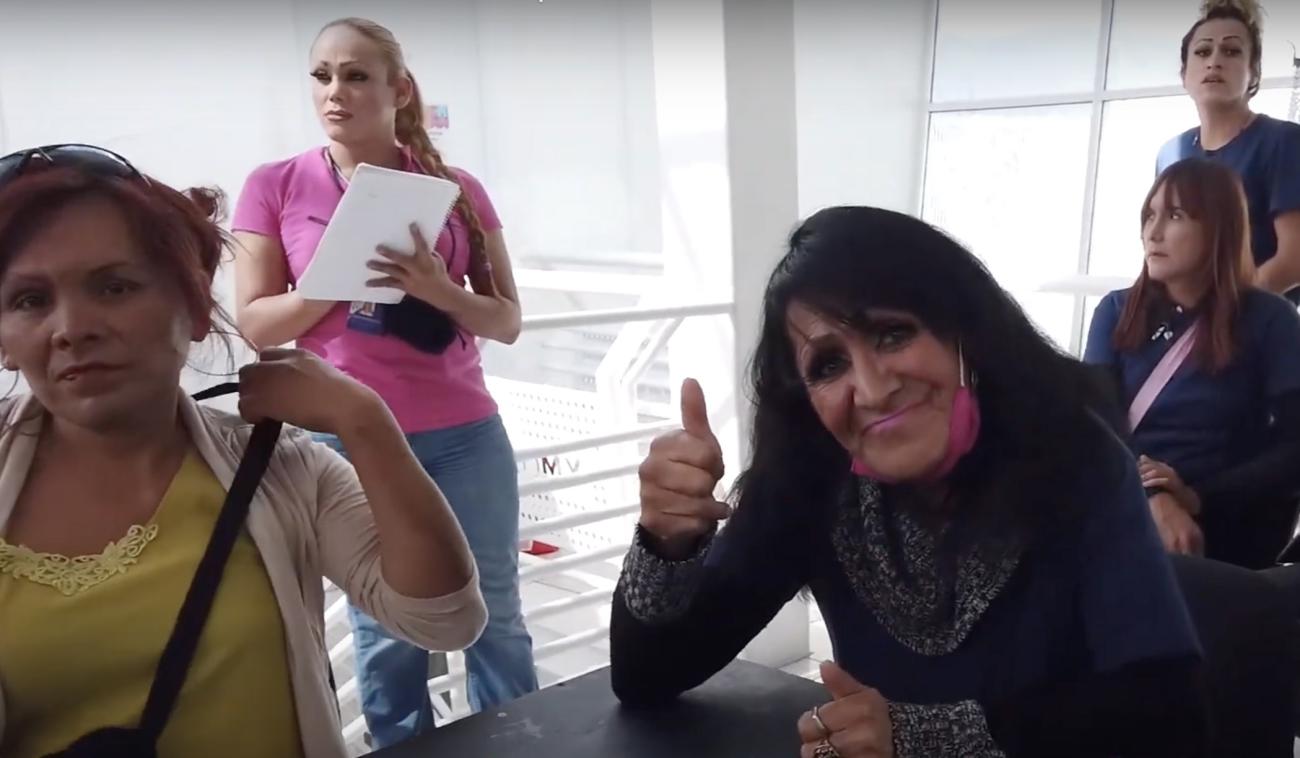
As long as any of the ladies at the “Casa de las Muñecas Tiresias” shelter can remember, they’ve been discriminated against.
This shelter, located in a humble neighbourhood of Mexico City, houses up to 12 transgender— or “trans” — women at a time.
Despite their poor treatment at the hands of the larger society, these women made a remarkable show of solidarity earlier this year. For several months during the COVID-19 lockdown, the women prepared free meals for others who live in the neighborhood of La Casilda. They made about 80 meals a day for some of the most discarded people in the city, many of them homeless.
While they still face discrimination from many people, they and other LGBTI people in Mexico have the support of United Nations agencies, including UN Women, the UN High Commissioner for Human Rights (OHCHR), and the UN Refugee Agency (UNHCR).
These are their stories:
Karen: “Discrimination begins at a very early age”
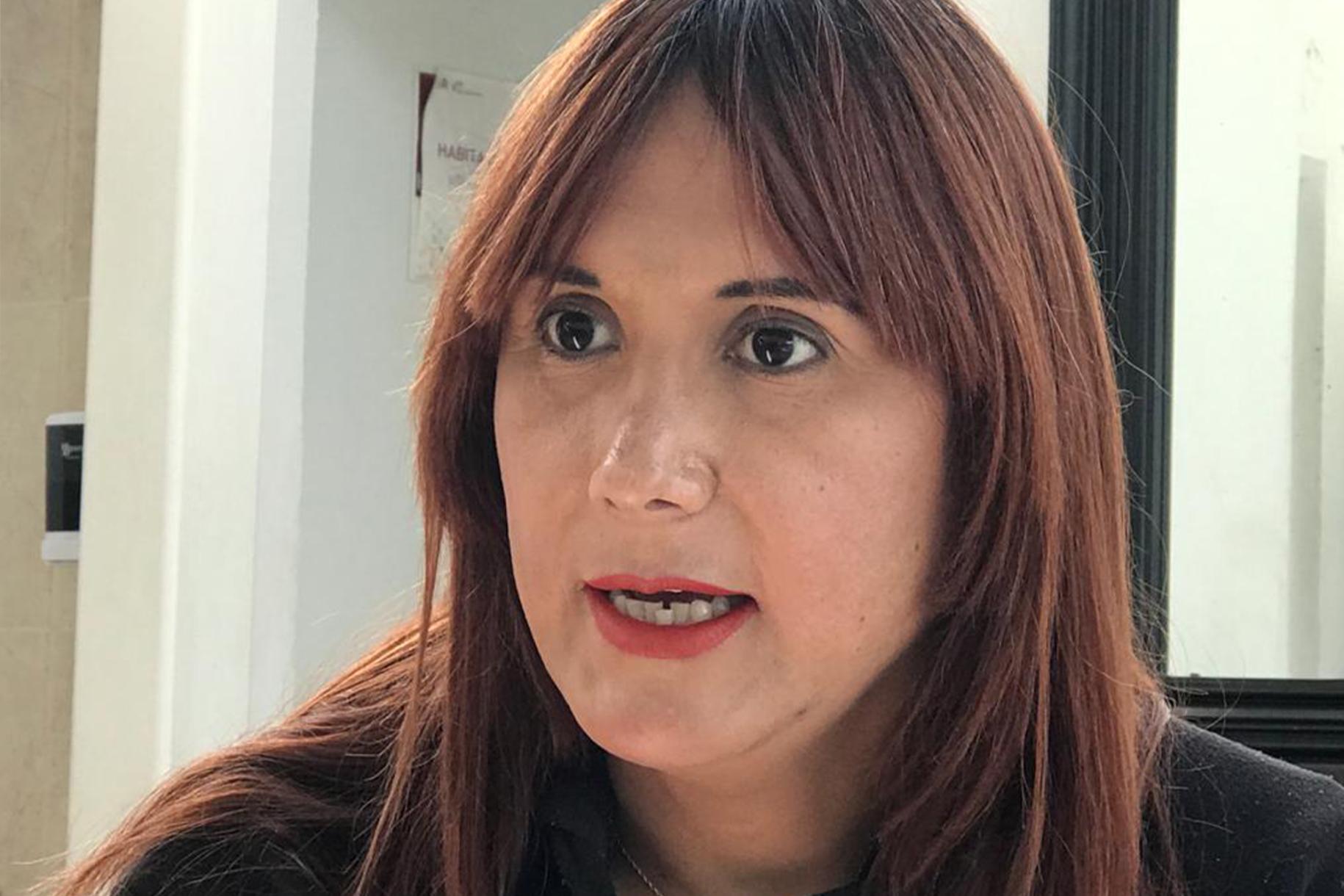
Karen Dawson Alavés Vega was born in the city of Mexicali. At age 4, she dressed in women’s clothes, despite her family's disapproval.
“Discrimination begins at a very early age,” she says. “You experience it first with your family, then in elementary school, then in high school. Often people drop out because they can’t tolerate bullying from schoolmates.”
Sadly, the discrimination doesn’t stop after school, she adds. “As a transgender woman, it is extremely difficult to keep a steady job. There is a lot of aggression on the job, but employers turn a blind eye. That is, if they dare to hire a trans person in the first place.”
Karen’s dream is to pursue a career. She wants to learn languages, maybe English, French, Korean, Chinese, Japanese.
With all the discrimination she has faced, Karen is committed to basic fairness. "You cannot leave a person out of society because you do not like her identity, because you think that, if she was born a man, she must necessarily follow the path that society has set.”
Michelle: “Many people don’t understand us”
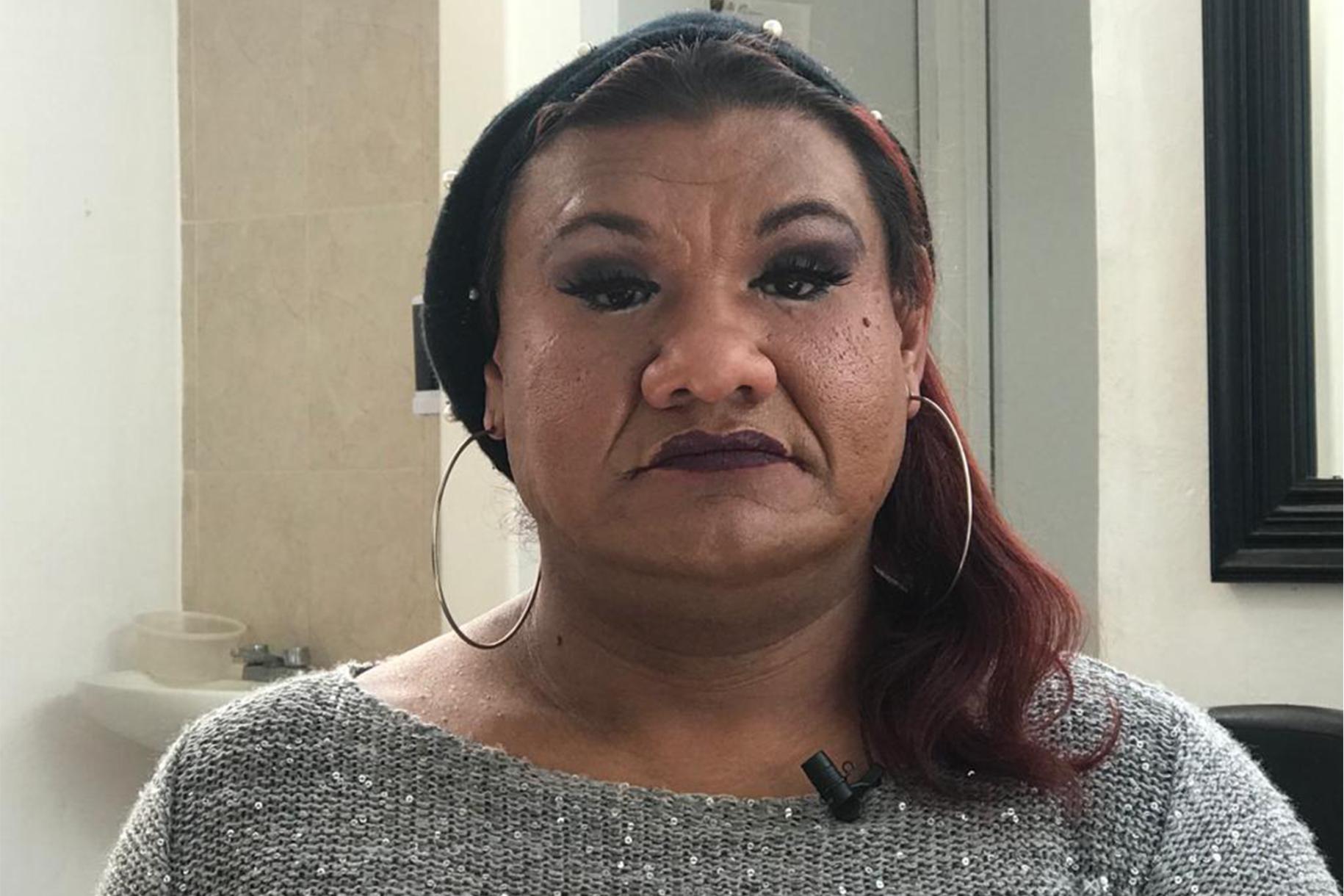
Michelle Ríos Toledo was born in Minatitlán, in Veracruz. She never had problems with her mother because of her gender identity, but she faces double discrimination, for being a trans woman and for having a disability.
“Many people discriminate against trans women because they don't understand us,” says Michelle. “They don't know why we feel this way and what we think.”
Michelle dreams of finishing her studies. She wants to finish elementary school, middle school, high school and pursue a career in fashion design.
“We are human beings, we should have the opportunity to decide our own lives. I don't mean just trans women, but also disabled people. We want to live a good life.”
Alice: "I want a quiet life and a family”
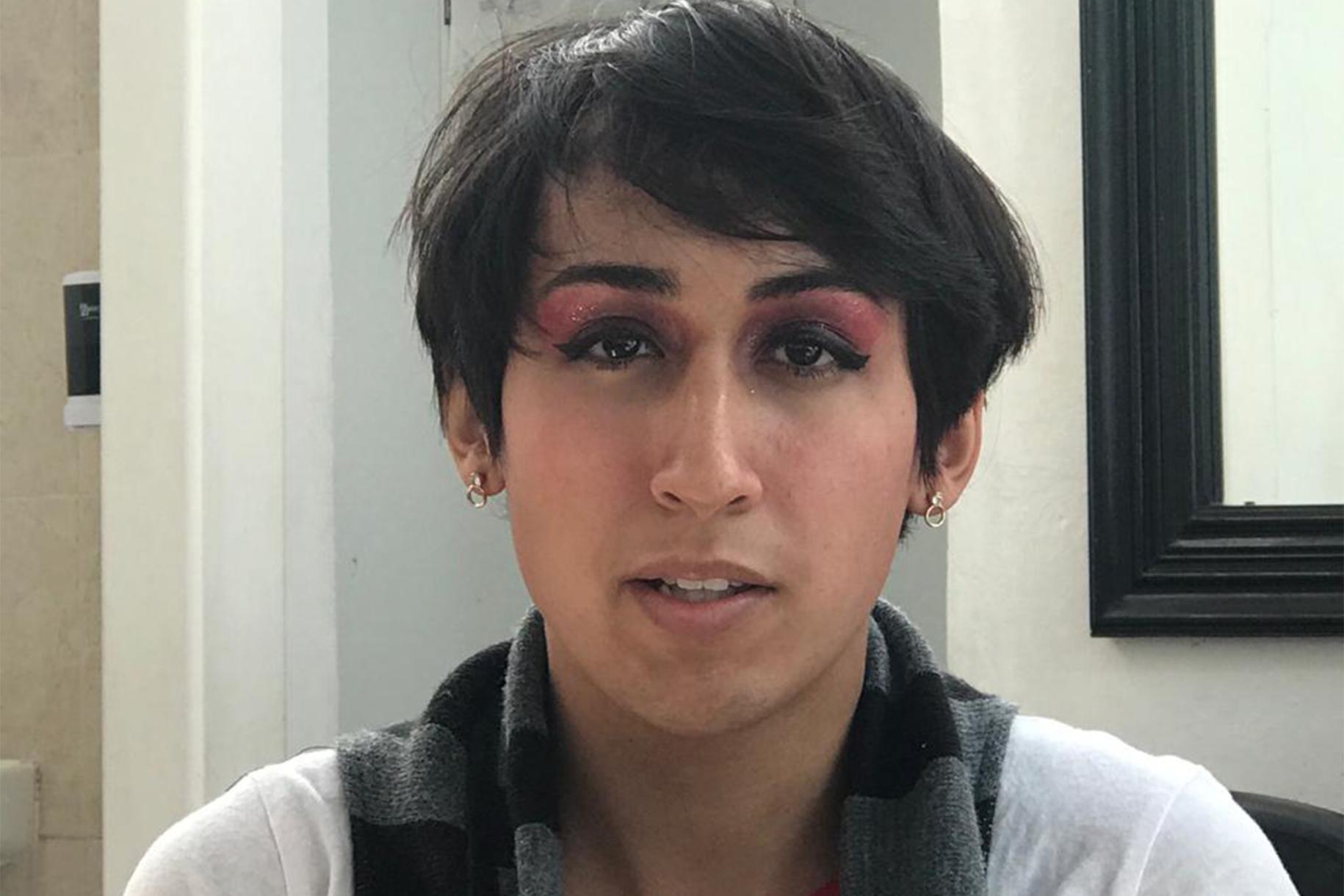
Alice Ingrid Polo Román was born in Mexico City. She came out as a trans woman in high school. Her parents and family have not taken it well.
She dropped out of high school because her family did not want her to continue studying, "because, stereotypically, trans women only have the option of becoming sex workers or as stylists.”
But Alice has won math competitions. She likes science and hopes to resume her studies.
“I want a quiet life. I want a job I like. I’m a trans lesbian girl. I have a girlfriend. We’ve been together for two years. She has been with me throughout my transition and my dream is to be with her, to support her in everything and, at some point, I would like to adopt a child and have a family.”
Cata: Survivor of human trafficking, “I still don’t feel safe”
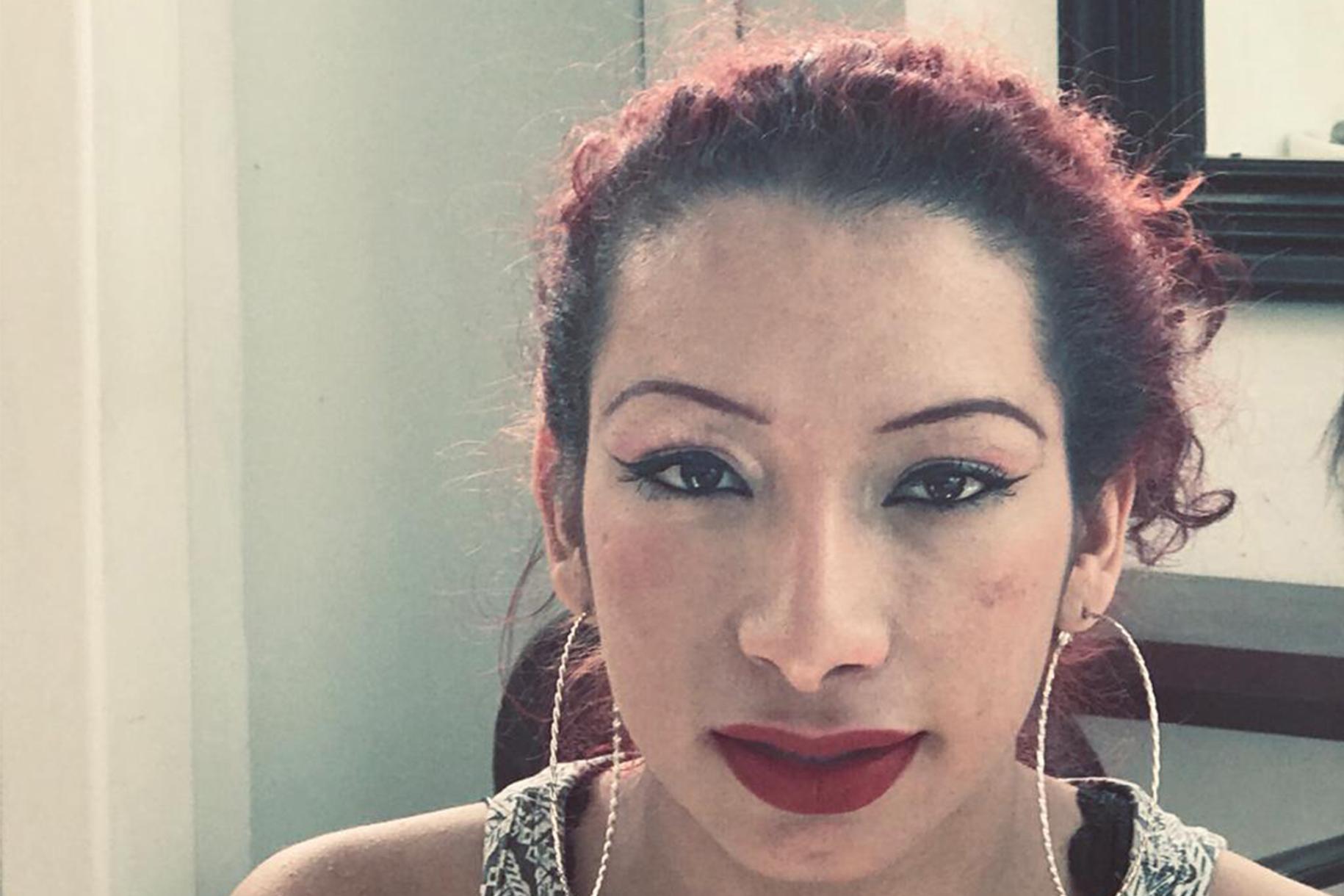
Astrid Catalina Galiano Esquivel is from Honduras. Now just 18 years old, she has already faced rejection from her family and is a survivor of human trafficking in her hometown. She tried to escape twice but got caught by her captor. The third time she succeeded and fled to Mexico, a year ago.
“I didn’t want to be prostituted anymore, I didn’t want any more beatings, I didn’t want any more rejection, I didn’t want any more discrimination,” she says of her escape.
But the past is not left behind so easily. “Bad memories cannot be erased from one day to the next,” she says. “The truth is, I still don't feel safe." Cata wants trans women to be free and independent, accepted by society, without abuse or maltreatment.
Her dream is to live in the United States and work in a beauty salon. “I love styling and have always dreamed of being a stylist, having a lot of makeup, a lot of products to do my hair and customers’ hair.”
Nicky: “I have always worked on stage and faced people”
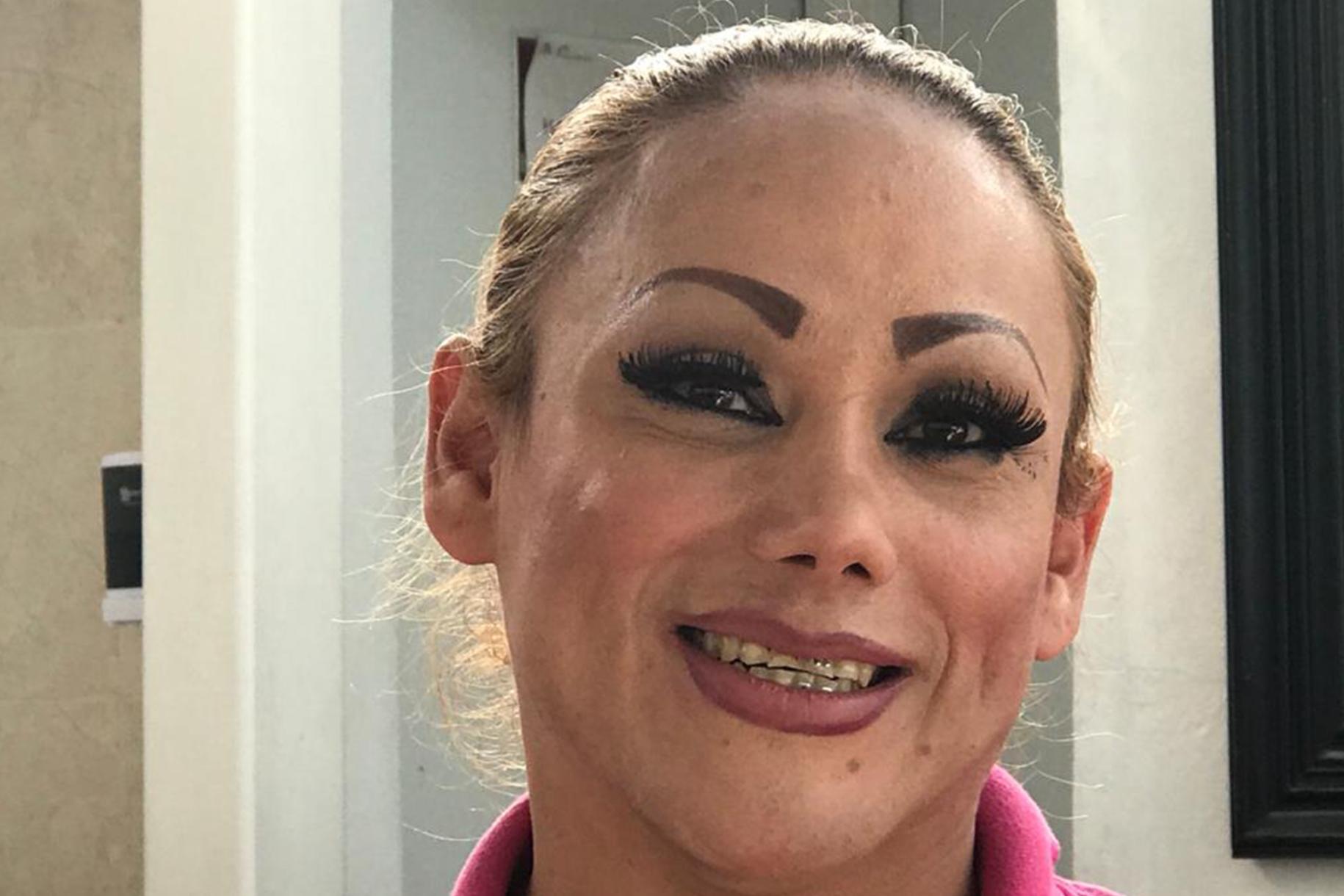
Nicky Castelán Mesawas was born in southern Veracruz. Now age 40, she transitioned many years ago. A former drag performer, she has a sister who is also trans, and both were drag performers. But Nicky got into drugs, and that led to the streets and sex work.
“There was a lot of money—and you get used to it. But I didn't realize the risks I was taking. I was beaten and raped, and since then I’ve lived with HIV.”
The COVID-19 pandemic seriously affected sex workers like Nicky and she was homeless for a few months until she received help from the founder of the shelter, Kenya Cuevas. Now, Nicky gives women at the shelter workshops in acting, dance, makeup, and public speaking.
“I have always worked on stage and faced people, and they have not. Then I realized that they were very afraid to communicate with people. My dream is for my friends to fulfill their dreams.”
Produced by UN Mexico, Written by Gabriela Ramirez, UNIC Mexico, with editorial support by Paul Vandecarr, Development Coordination Office.





































